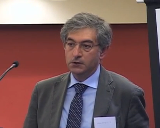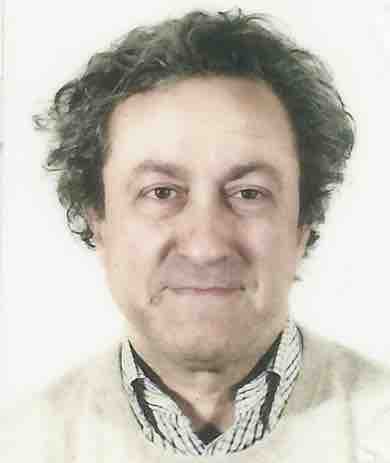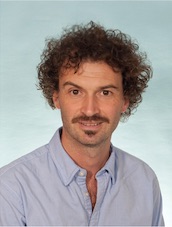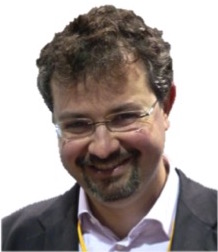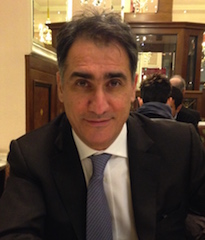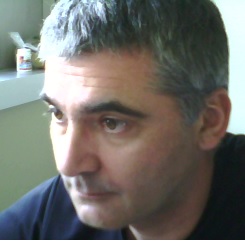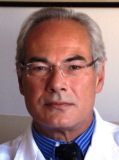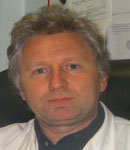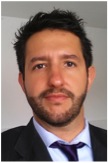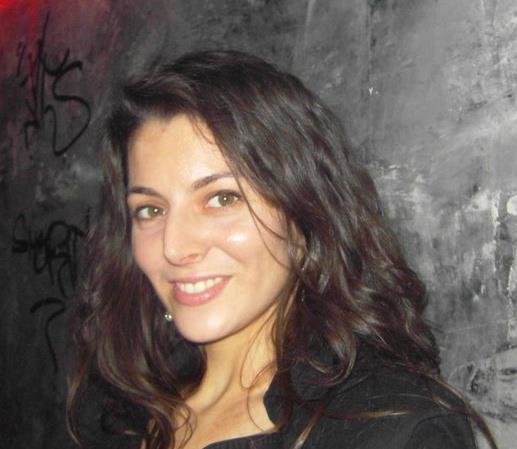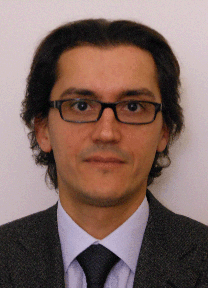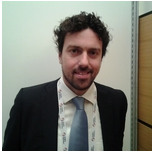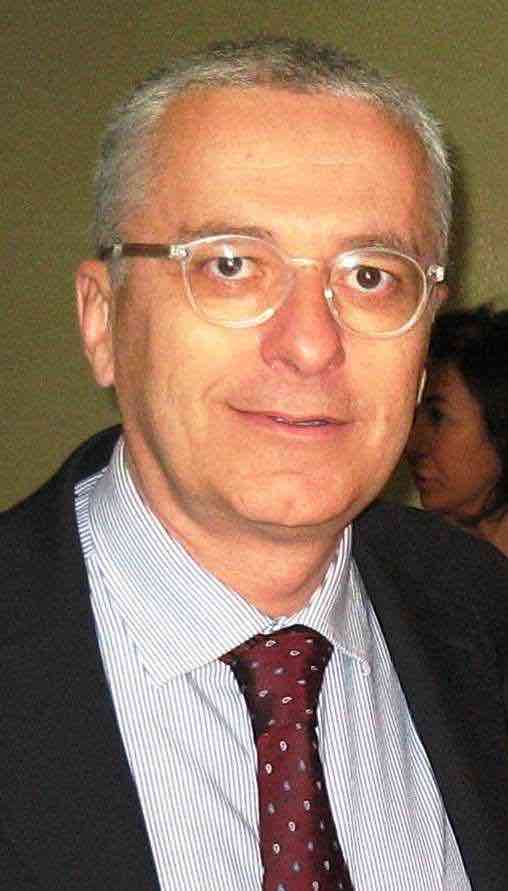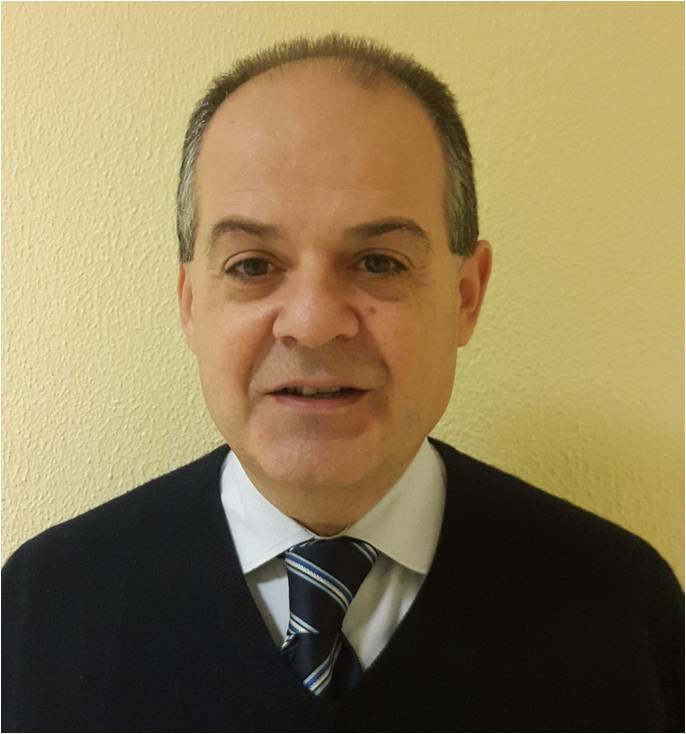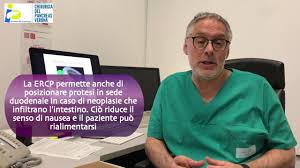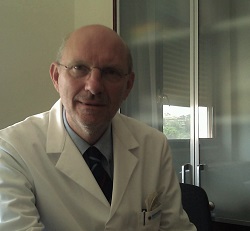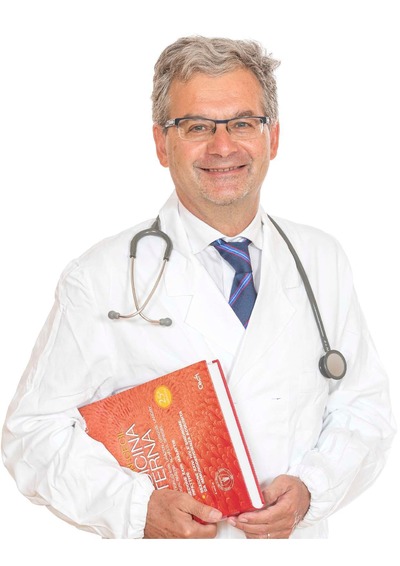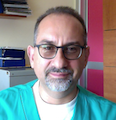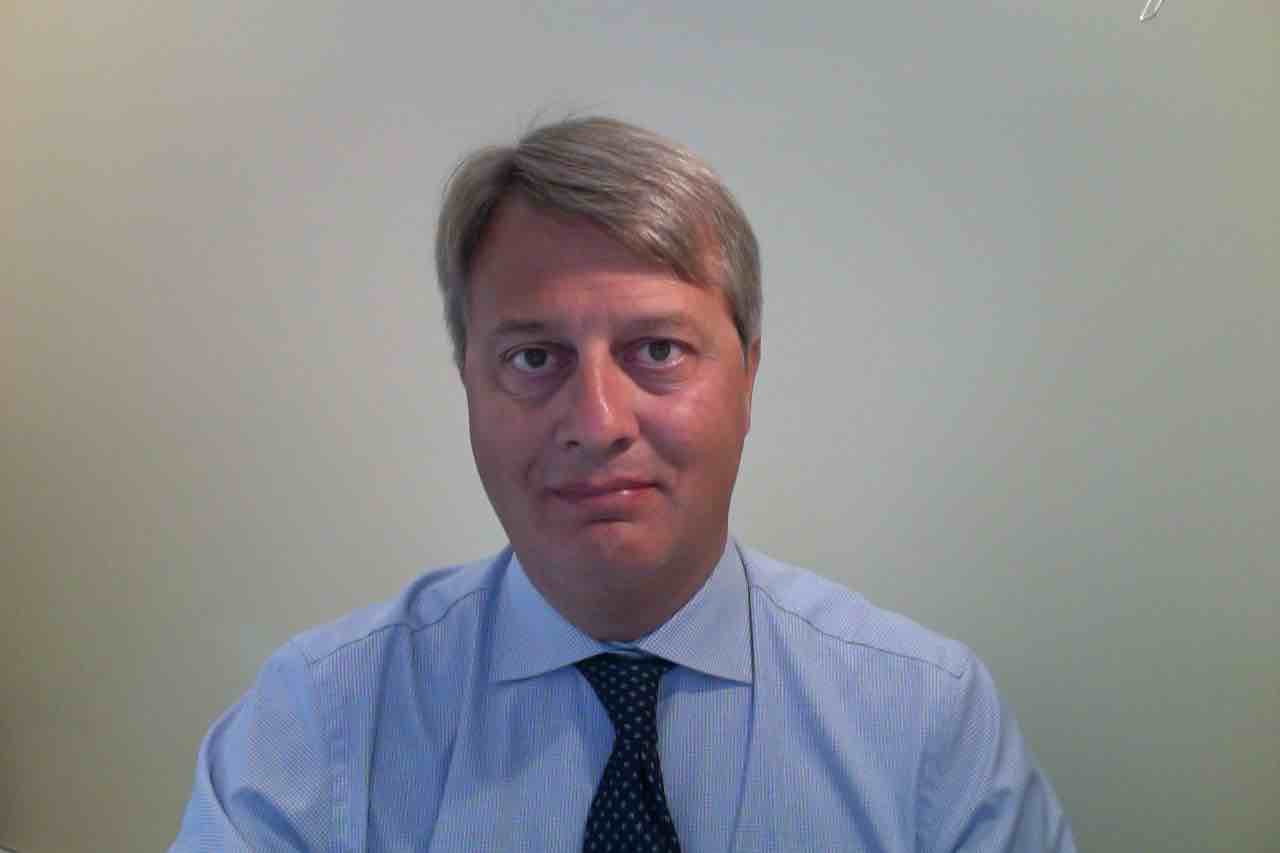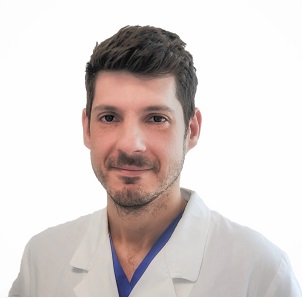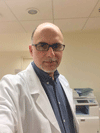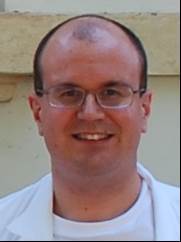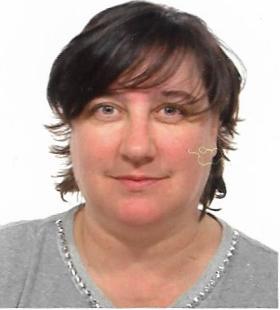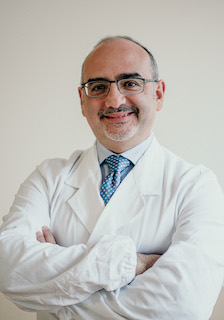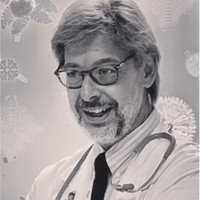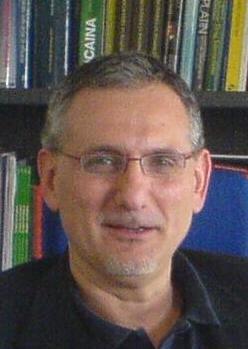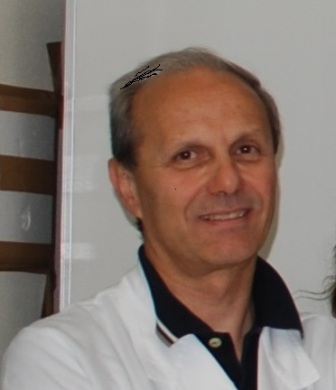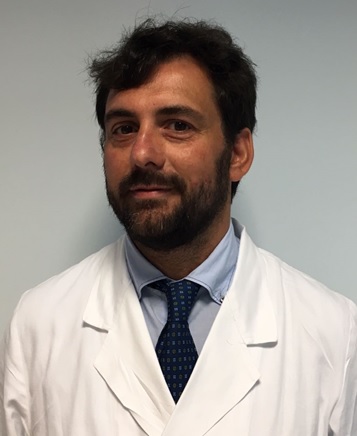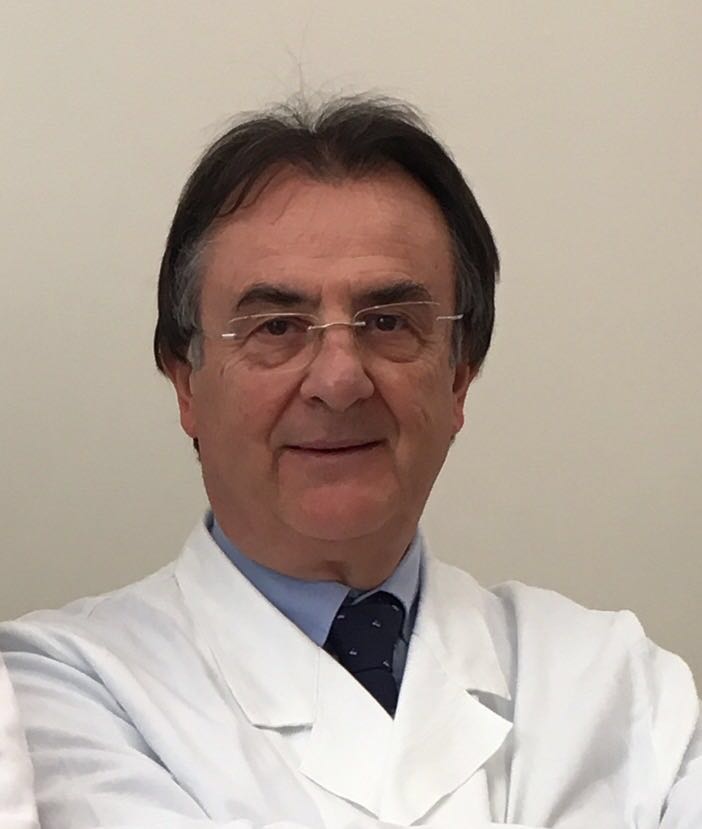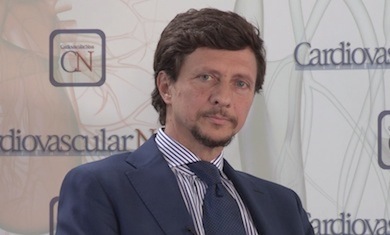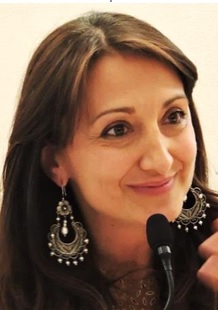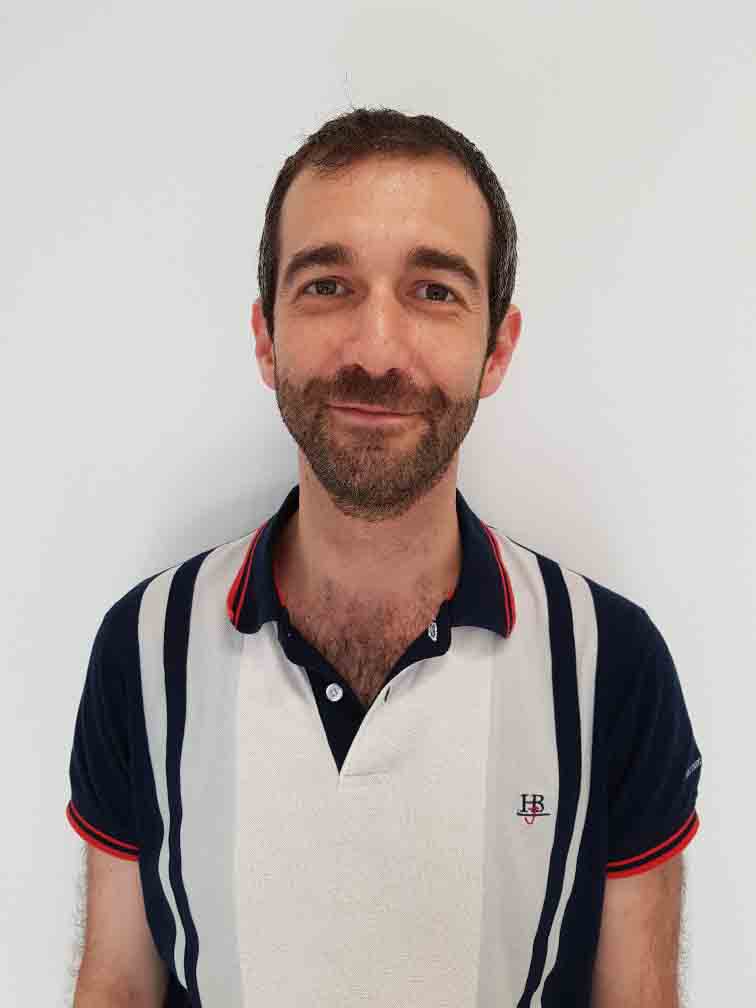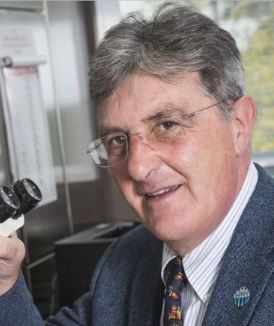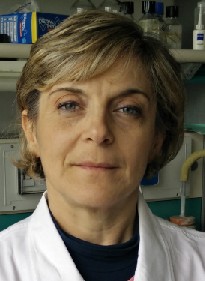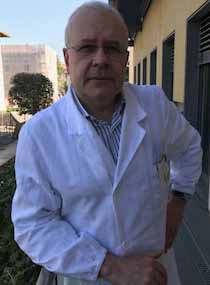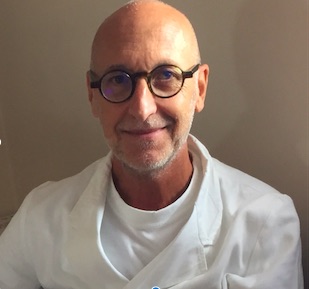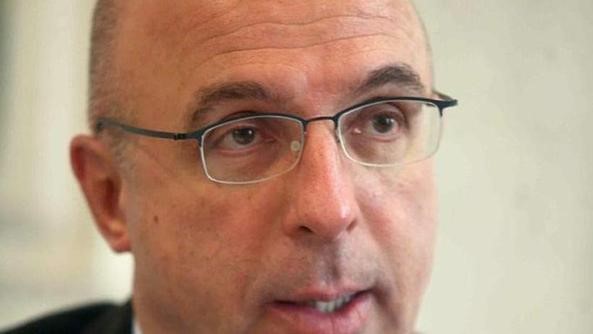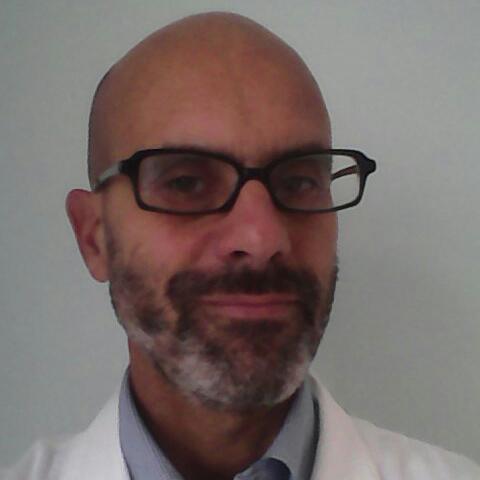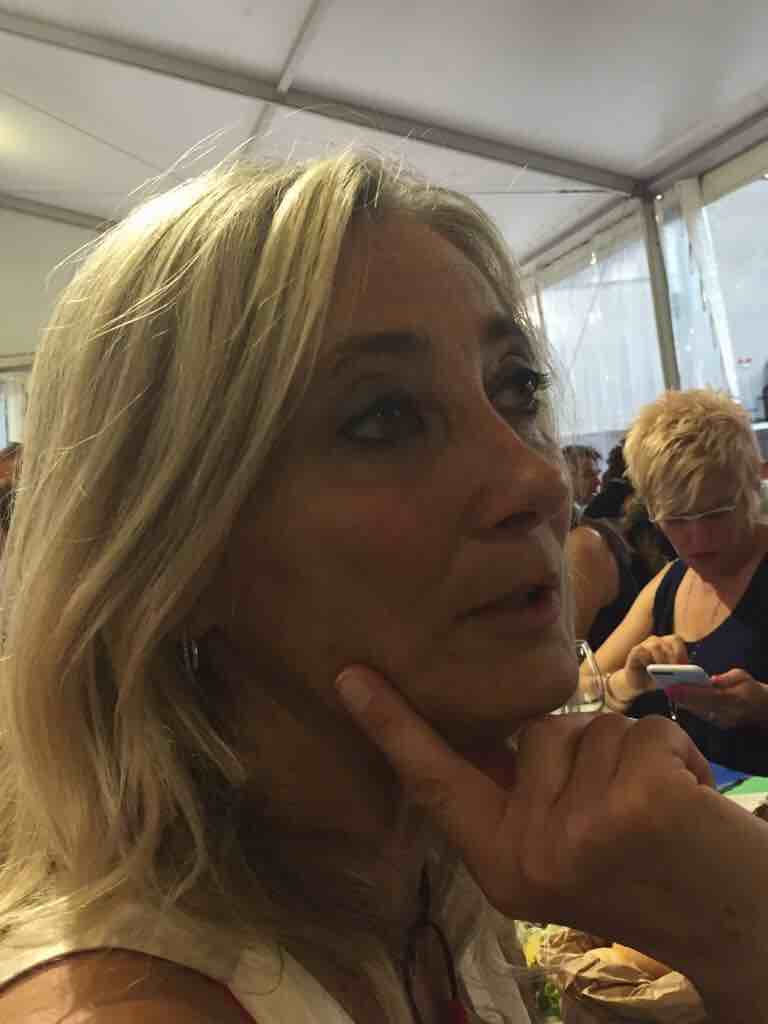Studying at the University of Verona
Academic calendar
The academic calendar shows the deadlines and scheduled events that are relevant to students, teaching and technical-administrative staff of the University. Public holidays and University closures are also indicated. The academic year normally begins on 1 October each year and ends on 30 September of the following year.
Course calendar
The Academic Calendar sets out the degree programme lecture and exam timetables, as well as the relevant university closure dates..
| Period | From | To |
|---|---|---|
| ACCOGLIENZA MATRICOLE - ore 10.00 AULA MAGNA "G. DE SANDRE" - LENTE DIDATTICA | Sep 29, 2014 | Sep 29, 2014 |
| Lezioni 1° semestre 1°- 6° anno | Oct 1, 2014 | Dec 19, 2014 |
| Corsi elettivi 1° semestre | Oct 6, 2014 | Dec 19, 2014 |
| Progress test 2014 | Nov 12, 2014 | Nov 12, 2014 |
| Lezioni 2° semestre 6°anno | Jan 26, 2015 | Apr 29, 2015 |
| Corsi elettivi 2° semestre | Feb 23, 2015 | May 29, 2015 |
| Lezioni 2° semestre 1°- 5° anno | Feb 23, 2015 | May 29, 2015 |
| Session | From | To |
|---|---|---|
| Iscrizione Corsi elettivi 1° semestre | Sep 2, 2014 | Oct 2, 2014 |
| Sessione studenti fuori corso | Sep 30, 2014 | Sep 30, 2015 |
| Sessione invernale 1°-5° anno | Jan 7, 2015 | Feb 20, 2015 |
| Sessione invernale 6° anno | Jan 7, 2015 | Jan 23, 2015 |
| Iscrizione Corsi elettivi 2° semestre | Jan 14, 2015 | Feb 19, 2015 |
| Sessione estiva 6° anno (i laureandi di luglio devono terminare gli esami entro il 26.06.2015) | May 4, 2015 | Jul 31, 2015 |
| Sessione estiva 1° - 5° anno | Jun 3, 2015 | Jul 31, 2015 |
| Sessione autunnale (i laureandi di ottobre devono terminare gli esami entro il 21.09.2015) | Sep 1, 2015 | Sep 25, 2015 |
| Session | From | To |
|---|---|---|
| Sessione straordinaria 2013-14 | Mar 2, 2015 | Mar 20, 2015 |
| Sessione estiva CdL Medicina | Jul 13, 2015 | Jul 31, 2015 |
| Sessione autunnale CdL Medicina | Oct 12, 2015 | Oct 23, 2015 |
| Period | From | To |
|---|---|---|
| Festa di Ognissanti | Nov 1, 2014 | Nov 1, 2014 |
| Festa dell'Immacolata Concezione | Dec 8, 2014 | Dec 8, 2014 |
| VACANZE DI NATALE | Dec 22, 2014 | Jan 6, 2015 |
| Vacanze di Pasqua | Apr 2, 2015 | Apr 7, 2015 |
| Festa della Liberazione | Apr 25, 2015 | Apr 25, 2015 |
| Festa dei Lavoratori | May 1, 2015 | May 1, 2015 |
| Festa del S. Patrono S. Zeno | May 21, 2015 | May 21, 2015 |
| Festa della Repubblica | Jun 2, 2015 | Jun 2, 2015 |
| Description | Period | From | To |
|---|---|---|---|
| 1°- 5° anno: Attività pratiche e tutoriali 1° semestre | 1°- 5° anno: Attività pratiche e tutoriali 1° semestre | Sep 29, 2014 | Dec 19, 2014 |
| 6° anno:Tirocinio professionalizzante 1° semestre | 6° anno:Tirocinio professionalizzante 1° semestre | Sep 29, 2014 | Dec 19, 2014 |
| 6° anno:Tirocinio professionalizzante 2° semestre | 6° anno:Tirocinio professionalizzante 2° semestre | Jan 19, 2015 | Jun 19, 2015 |
| 1°- 5° anno: Attività pratiche e tutoriali 2° semestre | 1°- 5° anno: Attività pratiche e tutoriali 2° semestre | Feb 23, 2015 | May 29, 2015 |
| 6° anno: recupero Tirocinio professionalizzante | 6° anno: recupero Tirocinio professionalizzante | Jun 22, 2015 | Aug 14, 2015 |
Exam calendar
Exam dates and rounds are managed by the relevant Medicine Teaching and Student Services Unit.
To view all the exam sessions available, please use the Exam dashboard on ESSE3.
If you forgot your login details or have problems logging in, please contact the relevant IT HelpDesk, or check the login details recovery web page.
Should you have any doubts or questions, please check the Enrollment FAQs
Academic staff
 amod101@yahoo.it; antonio.amodio@ospedaleuniverona.it
amod101@yahoo.it; antonio.amodio@ospedaleuniverona.it

Bassi Claudio
 claudio.bassi@univr.it
claudio.bassi@univr.it
 +39 045 812 4553
+39 045 812 4553
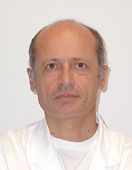
Bisoffi Zeno
 zeno.bisoffi@sacrocuore.it
zeno.bisoffi@sacrocuore.it
 +390456013326
+390456013326
 rebecca.casari@aovr.veneto.it
rebecca.casari@aovr.veneto.it
 zenodebattisti@tiscali.it
zenodebattisti@tiscali.it
 roxannebarbara.doerr@univr.it
roxannebarbara.doerr@univr.it
 giuseppe.faggian@univr.it
giuseppe.faggian@univr.it
 marco.ferdeghini@univr.it
marco.ferdeghini@univr.it
 045 812 47 84 (Segreteria) 045 802 74 89 (Segreteria di Istituto)
045 812 47 84 (Segreteria) 045 802 74 89 (Segreteria di Istituto)
 davide.gatti@univr.it
davide.gatti@univr.it
 guido.martignoni@univr.it
guido.martignoni@univr.it
 oliviero.olivieri@univr.it
oliviero.olivieri@univr.it
 +39 045 812 4414
+39 045 812 4414
 sara.pilotto@univr.it
sara.pilotto@univr.it
 daniele.prati@univr.it
daniele.prati@univr.it

Scuro Alberto
 alberto.scuro@univr.it
alberto.scuro@univr.it
 +39 045 812 4413
+39 045 812 4413
Study Plan
The Study Plan includes all modules, teaching and learning activities that each student will need to undertake during their time at the University.
Please select your Study Plan based on your enrollment year.
1° Year
| Modules | Credits | TAF | SSD |
|---|
2° Year activated in the A.Y. 2015/2016
| Modules | Credits | TAF | SSD |
|---|
Microbiology and clinical microbiology
3° Year activated in the A.Y. 2016/2017
| Modules | Credits | TAF | SSD |
|---|
4° Year activated in the A.Y. 2017/2018
| Modules | Credits | TAF | SSD |
|---|
5° Year activated in the A.Y. 2018/2019
| Modules | Credits | TAF | SSD |
|---|
6° Year activated in the A.Y. 2019/2020
| Modules | Credits | TAF | SSD |
|---|
| Modules | Credits | TAF | SSD |
|---|
| Modules | Credits | TAF | SSD |
|---|
Microbiology and clinical microbiology
| Modules | Credits | TAF | SSD |
|---|
| Modules | Credits | TAF | SSD |
|---|
| Modules | Credits | TAF | SSD |
|---|
| Modules | Credits | TAF | SSD |
|---|
Legend | Type of training activity (TTA)
TAF (Type of Educational Activity) All courses and activities are classified into different types of educational activities, indicated by a letter.
Free choice courses
| years | Modules | TAF | Teacher | |
|---|---|---|---|---|
| 1° | Progress Test 1st year | D |
Roberto Leone
(Coordinator)
|
|
| 2° | Progress Test 2nd year | D |
Roberto Leone
(Coordinator)
|
|
| 3° | Progress Test 3rd year | D |
Roberto Leone
(Coordinator)
|
|
| 4° | Progress Test 4th year | D |
Mauro Zamboni
(Coordinator)
|
|
| 5° | Progress Test 5th year | D |
Mauro Zamboni
(Coordinator)
|
|
| 6° | Progress Test 6th year | D |
Mauro Zamboni
(Coordinator)
|
|
Clinical Surgery (2018/2019)
Teaching code
4S01143
Credits
6
Coordinator
Claudio Bassi
Language
Italian
The teaching is organized as follows:
CHIRURGIA
Credits
2
Period
Lezioni 2° semestre 1°- 5° anno
Location
VERONA
Academic staff
Claudio Bassi
Salvatore Paiella
Roberto Salvia
UROLOGIA
Credits
1
Period
Lezioni 2° semestre 1°- 5° anno
Location
VERONA
Academic staff
DIDATTICA PRATICA DI CHIRURGIA E UROLOGIA
Credits
3
Period
See the unit page
Location
VERONA
Academic staff
See the unit page
Learning outcomes
------------------------
MM: UROLOGIA
------------------------
The Urology Module aims at at exposing the student at the knowledge of the main urological diseases. This exposure is not limited to definition, etiopathogenesis, symptomatology and laboratory data but also contains information on diagnostics, pathological anatomy, clinical outcomes and prognosis of major kidney and urinary tract diseases.
------------------------
MM: CLINICA CHIRURGICA
------------------------
CLINICS IN SURGERY Aim of the course of General surgery is conveying to the students the competencies to: Recognize signs, symptoms, the principal functional alterations and the principal differential diagnoses related to bowel obstruction, abdominal wall hernias, peritonitis, gastro-duodenal diseases, hepato-biliary diseases, pancreatic diseases, small and gross bowel diseases, paediatric gastro-intestinal malformations, and diseases of the arteries and veins. Analyze and resolve clinical problems concerning the above mentioned diseases. Evaluate cost/effective strategies related to the diagnosis and the treatment of the above mentioned diseases.
------------------------
MM: DIDATTICA PRATICA DI CHIRURGIA E UROLOGIA
------------------------
Aim of the course of General surgery is conveying to the students the competencies to: Recognize signs, symptoms, the principal functional alterations and the principal differential diagnoses related to bowel obstruction, abdominal wall hernias, peritonitis, gastro-duodenal diseases, hepato-biliary diseases, pancreatic diseases, small and gross bowel diseases, paediatric gastro-intestinal malformations, and diseases of the arteries and veins. Analyze and resolve clinical problems concerning the above mentioned diseases. Evaluate cost/effective strategies related to the diagnosis and the treatment of the above mentioned diseases. Add basic surgical knowledge
Program
------------------------
MM: UROLOGIA
------------------------
URINARY TRACT INFECTIONS - epidemiology - physiopathology - symptoms and clinical signs - diagnosis - complications BLADDER OUTLET OBSTRUCTION- BENIGN PROSTATE ENLARGMENT-BPH - epidemiology - physiopathology - symptoms and clinical signs - diagnosis - complications - Therapies STONE DISEASE - Renal colic (diagnosis and therapy) - bladder stones - complications of urinary stones - management of stone disease PROSTATE CANCER - epidemiology - physiopathology - symptoms and clinical signs - diagnosis - Clinical and pathological staging - prognostic factors - Treatment TESTIS TUMORS - epidemiology - physiopathology - symptoms and clinical signs - diagnosis - Clinical and pathological staging - prognostic factors - Treatment BLADDER AND UPPER URINARY TRACT CANCER - epidemiology - physiopathology - symptoms and clinical signs - diagnosis - Clinical and pathological staging - prognostic factors - treatment RENAL CANCER - epidemiology - physiopathology - symptoms and clinical signs - diagnosis - Clinical and pathological staging - prognostic factors - Treatment ERECTILE DYSFUNCTION - epidemiology - physiopathology - symptoms and clinical signs - diagnosis - management URINARY INCONTINENCE - epidemiology - physiopathology Symptoms and clinical signs - diagnosis - management SCROTAL DISEASES - epidemiology - physiopathology Symptoms and clinical signs - diagnosis - Treatment VESICOURETERAL REFLUX - epidemiology - physiopathology - symptoms and clinical signs - diagnosis and treatment NEUROGENIC LOWER URINARY TRACT DYSFUNCTION (NLUTD) - epidemiology - physiopathology - symptoms and clinical signs - diagnosis and treatment MALE INFERTILITY - epidemiology - physiopathology Symptoms and clinical signs - diagnosis and treatment CONGENITAL ABNORMALITIES OF THE URINARY TRACT& (uretero-pelvic junction obstruction, kidney malformations, urinary tract malformations) - epidemiology - physiopathology - symptoms and clinical signs - diagnosis and treatment URINARY TRACT TRAUMA - epidemiology - physiopathology - symptoms and clinical signs - diagnosis and treatment
------------------------
MM: CLINICA CHIRURGICA
------------------------
1. Gastric and duodenal ulcer; Gastric neoplasm 2. Pancreatic disease: acute and chronic pancreatitis, pancreatic neoplasm 3. Hepatic and biliary disease: gallstones and comorbidity, biliary neoplasm, hepatic neoplasm 4. Spleen pathology: splenomagaly and splenic trauma 5. Small-bowel, colonrectal and proctologic disease: acute appendectomy and inflammatory disease 6. Diverticulitis, colonrectal and proctological neoplasm, rectal prolapse 7. Anorectal pathology (fistula, fissure, hemorrhoidis) 8. Hinguinal and umbilical hernia, laparocele 9. Breast pathology 10. Artery disease: aortic aneurysm, occlusive arterial disease, diabetic arteriopathy, cerebrovascular injury 11. Venous disease: primitive varices, post thrombotic syndrome: deep vein thrombosis treatment and prevention 12. Mediastinal and lung disease: pulmponary neoplasm, pneumothorax, mediastinal syndrome
------------------------
MM: DIDATTICA PRATICA DI CHIRURGIA E UROLOGIA
------------------------
Aim of professional traineeship- surgery Hendler: Prof.ssa Elda Baggio The fundamental activities to play by students are the following: ° wound cleaning and dressing • Suture removals • Drain removals • wound, fistulae, ulcers and sores cleaning and dressing • Abscess treatment, (phlegmon, abscess, flemmone, pyoderma) • Internship training (minimum to follow: 4 operatory theatre) • To set up a steril operatory theatre, necessary for small surgery • To be able to make surface sutures • To be able to perform rectal exam • Internship into clinics (minimum 5 times) SEMINARS: update on website or contact - Miss. Alessandra - tel. 045 8124695 Inguinal herniae and laparocele Ano-rectal patology: fistulae, abscess and anal incontinence Vascular diagnostic The management of patients candidate to surgery Ulceras on lower limb - bedsores Drain
Bibliography
| Author | Title | Publishing house | Year | ISBN | Notes |
|---|---|---|---|---|---|
| Renzo Dionigi | Chirurgia | Masson Editore | 2017 |
Examination Methods
------------------------
MM: UROLOGIA
------------------------
written and oral examination
------------------------
MM: CLINICA CHIRURGICA
------------------------
Oral examination 1) verify of knowledge based on course's objectives and program 2 verify of knowledge learned during internship 3) opportunity to take a quiz Urology' section: written examination (possible oral addition)
Career prospects
Module/Programme news
News for students
There you will find information, resources and services useful during your time at the University (Student’s exam record, your study plan on ESSE3, Distance Learning courses, university email account, office forms, administrative procedures, etc.). You can log into MyUnivr with your GIA login details: only in this way will you be able to receive notification of all the notices from your teachers and your secretariat via email and soon also via the Univr app.
Erasmus+ e altre esperienze all'estero
Extra courses and activities
Opzioni (cambio di ordinamento)
Studenti iscritti alla classe LM/41 (Classe delle lauree magistrali in medicina e chirurgia)
Il MUR, con nota prot. n. 8610 del 25/3/2020 avente oggetto: “Abilitazione all’esercizio della professione di Medico-Chirurgo - art. 102 - Decreto legge 17 marzo 2020 n. 18 (convertito con modificazioni dalla L. 24 aprile 2020, n. 27), dispone l’adeguamento dell’ordinamento della classe LM/41 alle normative citate in oggetto.
Coloro i quali hanno concluso/concluderanno il tirocinio pratico-valutativo pre-lauream con giudizio di idoneità (ai sensi del DM 58/2018), conseguita la laurea, sono abilitati all’esercizio della professione di medico-chirurgo e possono procedere all’iscrizione presso l’Ordine dei Medici.
Rilascio del titolo di abilitazione
Ai fini del rilascio dell’abilitazione professionale è richiesto il pagamento delle seguenti tasse:
- tassa erariale pari a € 49,90 da versarsi prima che inizi la frequenza del tirocinio pratico valutativo
- tassa regionale di abilitazione da versarsi all’atto della consegna del titolo di abilitazione.
Studenti iscritti alla classe 46/S (Classe delle lauree specialistiche in medicina e chirurgia) e ordinamenti previgenti (attualmente fuori corso) oppure studenti iscritti alla classe LM/41 con coorti antecedenti alla coorte 2014 (attualmente fuori corso).
Il MUR, con nota prot. n. 8610 del 25/3/2020 avente oggetto: “Abilitazione all’esercizio della professione di Medico-Chirurgo - art. 102 - Decreto legge 17 marzo 2020 n. 18” dispone che, gli iscritti agli ordinamenti previgenti, con tirocinio pratico previsto post – laurea (ai sensi del DM 445/2001), ferme restando le norme sulla decadenza dagli studi, possono concludere il percorso di studio senza dovere necessariamente acquisire, ai fini dell’ammissione all’esame finale di laurea, il giudizio di idoneità del suddetto tirocinio pratico valutativo. In tal caso il diploma di laurea che rilascerà l’Ateneo avrà la sola valenza di titolo accademico. Resterà ferma, in ogni caso la possibilità per tali soggetti di conseguire eventualmente l’abilitazione all’esercizio della professione di medico-chirurgo in un momento successivo, secondo le modalità di cui al comma 2 dell’art.102, cioè conseguendo la valutazione del tirocinio prescritta dal D.M. n. 445/2001. L’Ateneo continuerà a predisporre un separato diploma di abilitazione.
Si ricorda che ai suddetti studenti è in ogni caso consentita l’opzione al nuovo ordinamento secondo i termini e le modalità previste.
Documents
| Title | Info File |
|---|---|
|
|
pdf, it, 525 KB, 14/06/21 |
|
|
pdf, it, 419 KB, 14/06/21 |
|
|
pdf, it, 377 KB, 12/12/23 |
|
|
pdf, it, 483 KB, 10/02/23 |
|
|
pdf, it, 481 KB, 10/02/23 |
Timetable
Documents
| Title | Info File |
|---|---|
|
|
pdf, it, 19 KB, 12/02/24 |
|
|
pdf, it, 18 KB, 28/02/24 |
|
|
pdf, it, 21 KB, 29/02/24 |
|
|
pdf, it, 21 KB, 27/02/24 |
|
|
pdf, it, 18 KB, 07/03/24 |
|
|
pdf, it, 12 KB, 21/02/24 |
|
|
pdf, it, 781 KB, 29/02/24 |
|
|
pdf, it, 280 KB, 29/11/23 |
|
|
pdf, it, 548 KB, 22/09/23 |
Graduation
Documents
| Title | Info File |
|---|---|
|
|
pdf, it, 353 KB, 28/02/24 |
|
|
pdf, it, 249 KB, 22/02/24 |
|
|
pdf, it, 354 KB, 22/02/24 |
|
|
pdf, it, 248 KB, 22/02/24 |
|
|
pdf, it, 351 KB, 22/02/24 |
|
|
pdf, it, 249 KB, 22/02/24 |
|
|
pdf, it, 104 KB, 25/09/23 |
|
|
pdf, it, 838 KB, 17/03/22 |
|
|
pdf, it, 826 KB, 27/10/21 |
